
When it comes to weight loss injections, it’s hard to ignore the buzz surrounding these treatments and their potential to help individuals achieve their weight loss goals. However, with the rise in popularity of these injections, it’s important to be aware of the risks associated with unregulated sources and fake products.
Too often we see the scary headlines of near-death experiences, serious illness, and adverse reactions from counterfeit “skinny jabs” and weight loss injections. The online black market of injectable appetite suppressing medications promises cheap prices for quick fixes, but that is not how weight loss works.
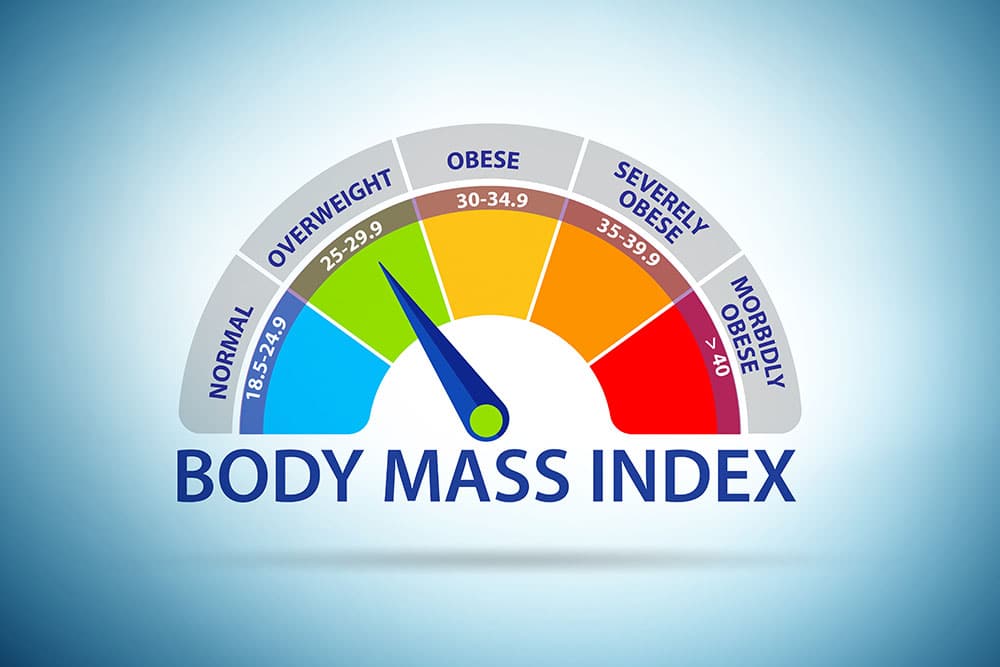
As obesity levels are rising across the world, clinicians and medical professionals are emphasizing the fact that our weight can have a significant effect on our wellbeing, both physically and mentally.
That’s why it’s absolutely vital that we boost public health knowledge regarding obesity and weight health, so that we know when our weight is becoming a problem, and how we can fix it.
That’s where handy tools like the BMI comes in, so we can identify whether or not our weight is healthy or unhealthy, and whether we need to address this to improve our overall weight health. Here at Bodyline, we’d like to expand on what the BMI is, how it is used to identify obesity, and how we can help to lower the BMI if it is getting too high.
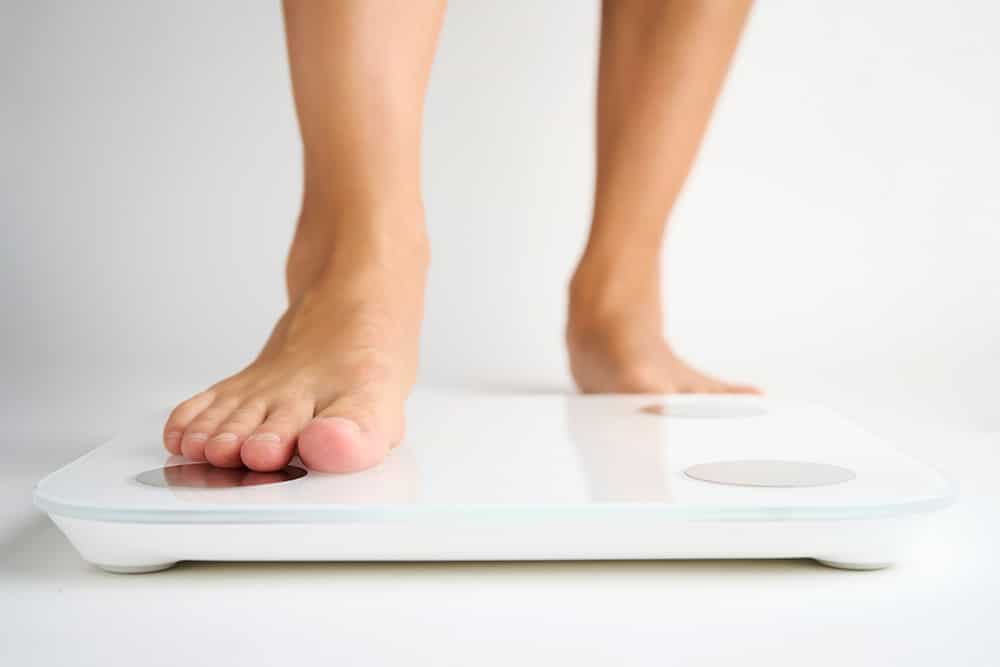
It feels like recently we’ve been hearing constant news, praise, and scientific discoveries in regard to medical weight loss. Be that the birth of Ozempic and its active ingredient semaglutide totally changing the game for obesity treatment, or the growing interest in tirzepatide, dual-acting medications like Mounjaro; weight loss medication has well and truly exploded in the medical world.

When it comes to managing obesity, weight loss surgery is more commonly being considered as a last-resort option for individuals who have struggled to lose weight through diet and exercise alone. While weight loss surgery can be effective for some, it is a procedure that should not be taken lightly; it can be life-threatening when not done through certified and regulated avenues.
Here at Bodyline, we want to help those struggling with their weight explore the other options available to them before looking to weight loss surgery. Our medical weight loss programmes offer alternative approaches to help individuals successfully achieve their weight loss goals without undergoing surgery.

The menopause is a natural phase in a woman’s life that marks the end of reproductive functions. It is characterised by hormonal changes, including a decline in estrogen, progesterone and tesosterone levels. This transition can lead to various physical and emotional symptoms, ranging from hot flashes, night sweats, and mood swings to depression, memory loss, and osteoporosis.
Many people seek hormone replacement therapy (HRT) to treat their menopausal symptoms, but when using generic HRT prescriptions, personal menopausal problems may not be targeted or treated in the most optimal way.

Determining the ideal weight for your height is an important aspect of overall health and well-being, as well as weight health management. While weight can vary based on factors such as body composition and individual circumstances, understanding the relationship between height and weight can provide valuable insights into your weight health and guide you towards achieving a healthier lifestyle.
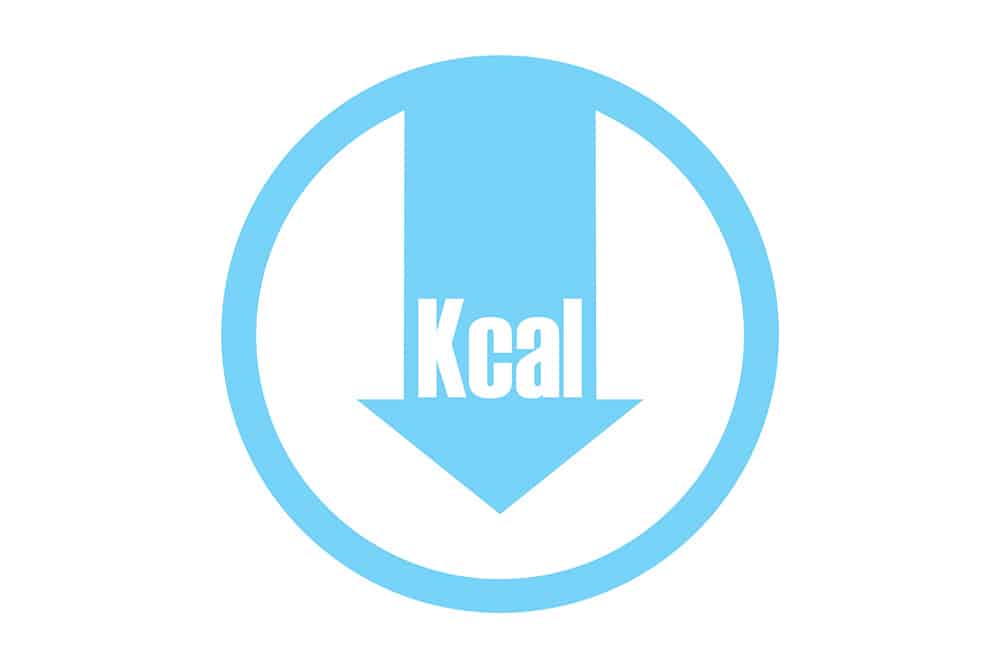
Losing weight can be a challenging journey, and many individuals struggle to achieve their desired results despite their best efforts. But one crucial aspect of weight loss that is now being highlighted is creating a calorie deficit, which means consuming fewer calories than your body needs to maintain its current weight.
At Bodyline, our established and fully supported medical weight loss programmes combine medical treatments and personalised plans to create a calorie deficit that can be sustained longer than fad diets to ensure successful weight loss.
That’s why we’d like to help you understand the science behind calorie deficits and how they contribute to effective weight loss.

With around one in four adults currently living with obesity, the population’s weight health is becoming a growing concern in the UK workforce for both employees and employers. The effects of obesity go far beyond individual health, affecting productivity, absenteeism rates, and overall workplace well-being.
Here at Bodyline, we want to help explore the impact of obesity on the UK workforce, discuss the issue of discrimination, and provide top tips for employers to remove the stigma of obesity.
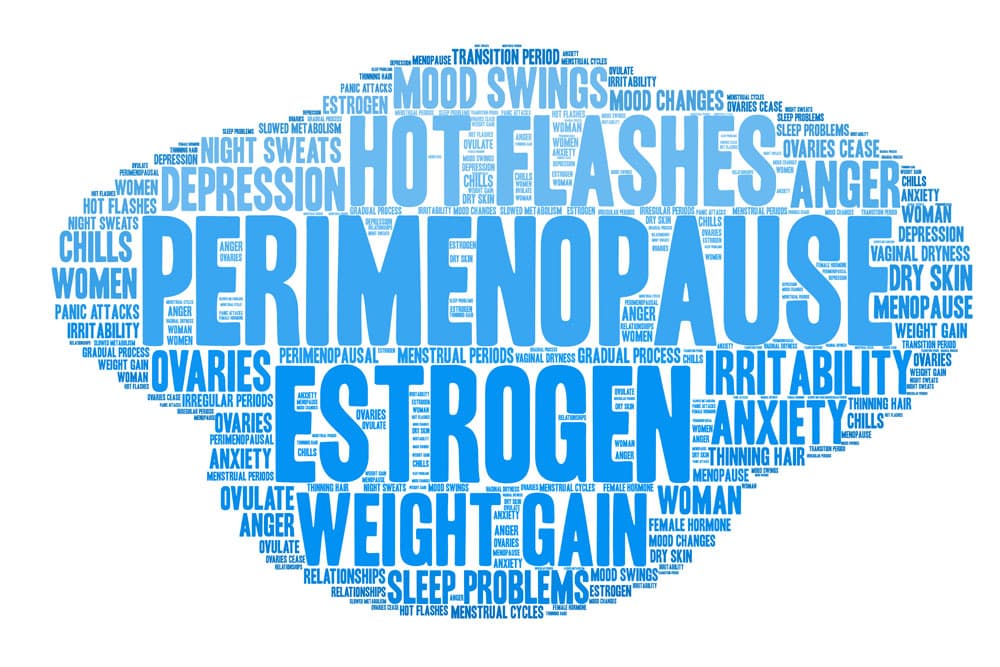
Did you know that around 13 million women in the UK are currently perimenopausal? You are certainly not alone in wondering how the perimenopause may be impacting you. It is characterized by a range of symptoms that can vary in severity and duration for each woman.
Here are some common signs to watch out for
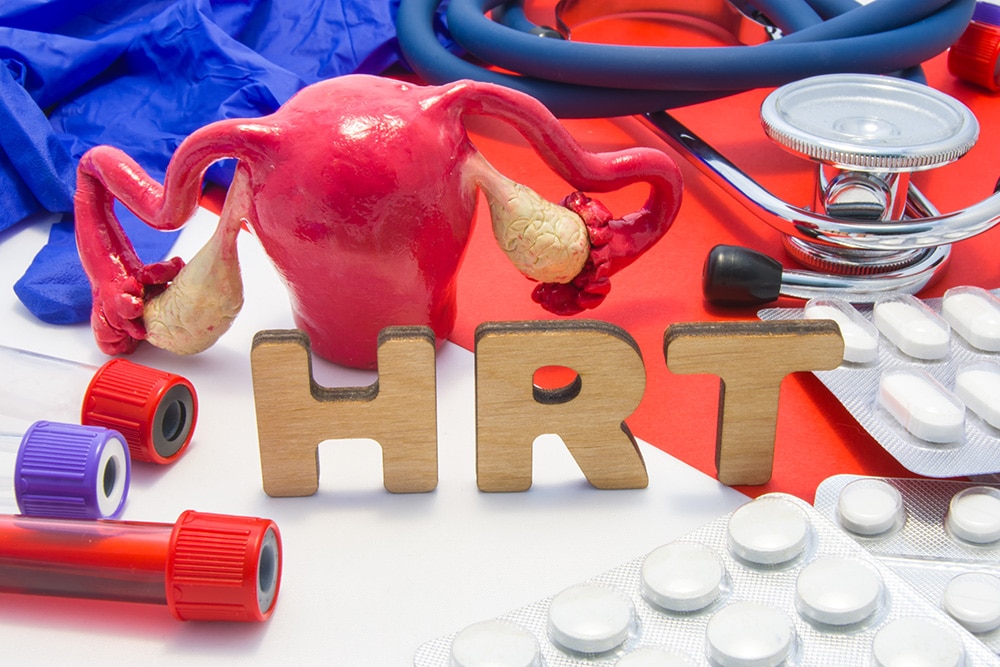
The menopause is a natural phase in a woman’s life that marks the end of reproductive functions. It is characterized by hormonal changes, including a decline in estrogen, progesterone and testosterone levels. These hormones are usually produced in the ovaries, but as they decrease in numbers, the function of the ovaries deplete also, ceasing menstruation and ovulation.
Due to reduced levels of estrogen in the blood stream as a result, this transition can lead to various physical and emotional symptoms, including hot flashes, night sweats, memory loss, and changes in metabolism.



















